1 in 5 Australian children have eczema or dry skin, which means 1 in 5 Australian parents are desperate for tips on how to bath their babies in a way that won’t aggravate their dry skin. Finding products that work, and that are safe to use on a baby’s skin has become increasingly hard, with influencers and unqualified experts misleading the public with paid advertising. All the recommendations in this article on managing eczema in babies and children is founded on evidence based practices, and written by the General Practitioners and Eczema Nurse Specialists from the Baby Steps Health Centre, in consultation with Immunology Specialists from Perth Children’s Hospital.
Eczema is a chronic condition which causes red, itchy areas on the skin. When skin is scratched it can break open, ooze and then crust over. Certain elements such as wind, low humidity, cold temperatures, harsh soaps and too much washing, can contribute to having dry skin, and make existing eczema worse. When eczema worsens, this is called an eczema flare.
Children with eczema already tend to have dry skin due to defects in their skin barrier. Normally the skin barrier protects us by stoping irritants, bacteria, viruses and allergens from coming in, and stoping moisture from getting out. The more moisture that is lost from the skin, the more the skin becomes dry and itchy. Scratching only weakens the skin barrier, making it more defective, and further drying out the skin.
The best way to treat dry skin is to give it the moisture it needs through bathing and moisturising.
So we’re going to teach you how to soak and seal.
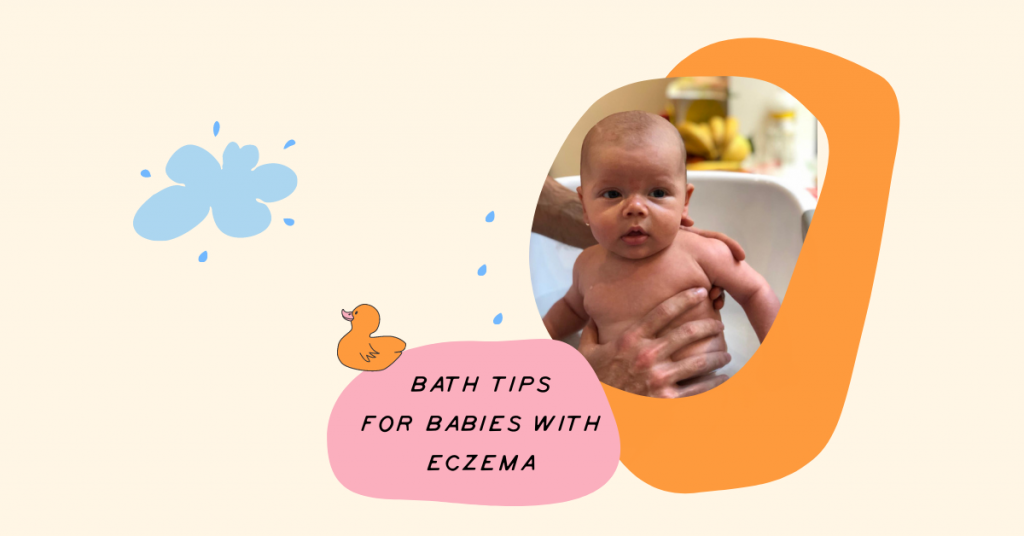
Remember that leaky skin barrier? Well one of the most interesting but damaging things to make its way into the body and cause an immune response, is food. And this immune response to food allergens entering through the skin, has a higher risk of causing in food intolerances and allergies later in childhood. In fact, children with eczema are ten times more likely to develop peanut allergies. It is therefore very important to avoid putting food products on your baby’s skin, particularly nut oils, cow’s milk or goat products. It is important that your baby’s eczema is treated properly, particularly before it reaches this severe stage.
When choosing a skin cleaner, you want to avoid all soap products and bubble baths, as they dry the skin. Also stay clear of any products which contain perfume or fragrance, as they can irritate the skin. And when washing your child’s hair, remember to use a shampoo for sensitive skin.
Here is our list of cleansers for babies and children with eczema. (None of the following products are paid sponsorships, and all are in accordance with recommendations by Perth Children’s Hospital.)
Bath oils
Soap-free washes
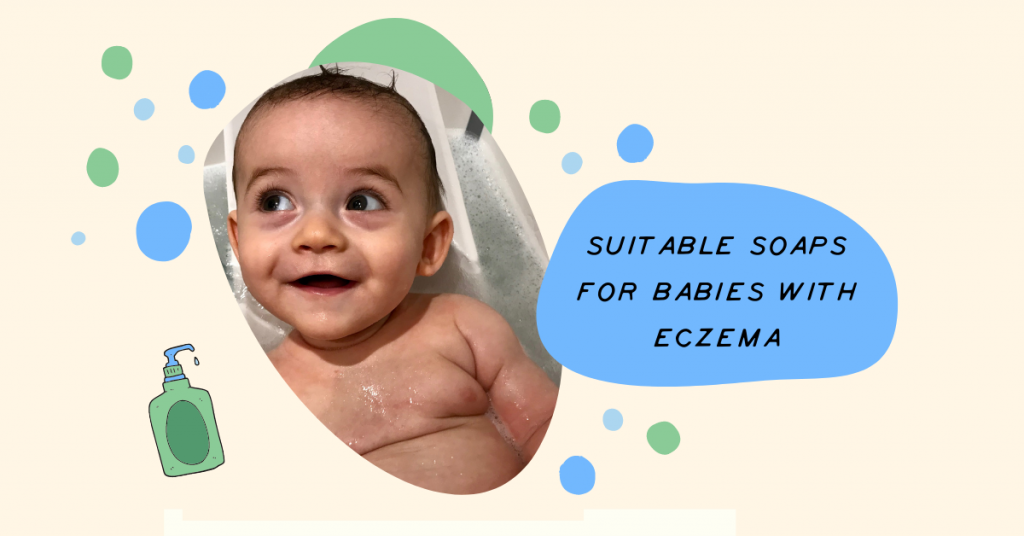
Even if your baby doesn’t have eczema, it’s important to moisturise their skin. Recent research has shown that the regular use of a fragrance free moisturiser on babies can reduce their chance of developing eczema by 30-50%.
When it comes to moisturising you baby’s bod, more is more. Don’t be shy with how much you use, and apply it twice a day after their bath. Especially in hot or humid environments, creams are always preferred over ointments. Make sure the moisturiser you choose has a high oil content. A moisturiser with too much water it in will evaporate faster off the skin, and cause further drying.
Here is our list of moisturisers for babies and children with eczema. (None of the following products are paid sponsorships, and all are in accordance with recommendations by Perth Children’s Hospital.)
Ointments
Creams
Thicker creams
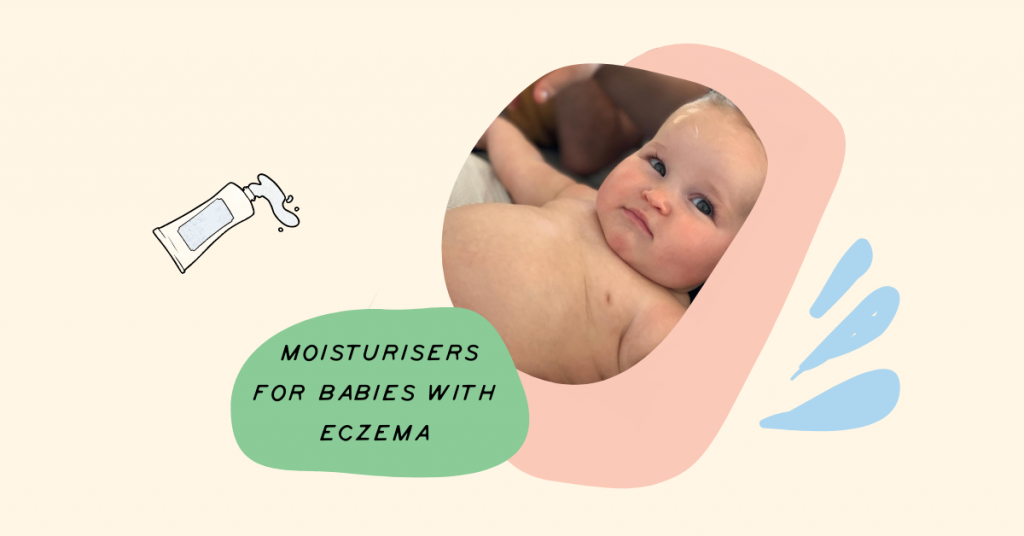
Sunscreen is not just a summer essential in Australia. Our children should be wearing sunscreen every day that they spend time outdoors. With one exception – children under six months of age should have very limited exposure to the sun, as their skin is extremely sensitive to the sun’s rays and to the ingredients in sunscreen itself. Shade and protective clothing are the best ways to sun-proof your infant’s skin.
When finding the right sunscreen, look for a product with mineral-based ingredients such as titanium dioxide (TiO2) and zinc oxide (ZnO). Make sure the product has no fragrance and no alcohol. It should also offer broad-spectrum protection from both UVA and UVB rays.
Here is our list of sunscreens for babies and children with eczema. (None of the following products are paid sponsorships, and all are in accordance with recommendations by Perth Children’s Hospital.)
Sunscreens appropriate from 6 months of age
Sunscreens NOT appropriate in babies under 6 months of age
* Avene Spray for Children
Sunscreens appropriate from 12 months of age
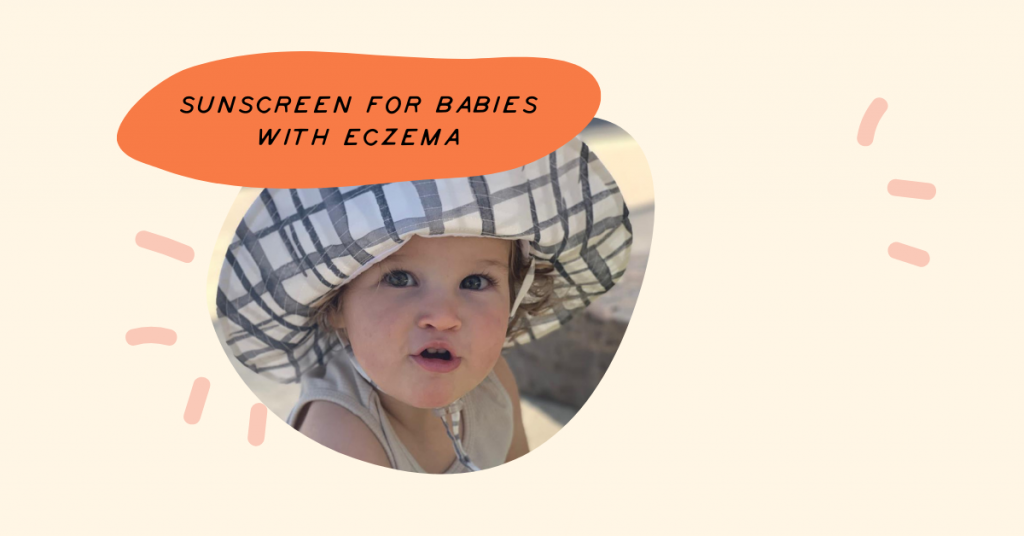
Babies, particularly newborns, are quite prone to rashes. Most are harmless and will resolve naturally, and not all rashes will turn out to be eczema. However you should always seek the advice of a health professional. Your general practitioner can diagnose eczema, and provide you with an eczema management plan. Prescribed topical steroids play an important part in the management of eczema. More severe cases can treated with wet dressings or bleach baths. Ideally treatment should start treatment before it becomes this severe, which will save your child a lot of suffering and scratching. If we can offer parents a little hope – we believe that with proper ongoing management, your child’s eczema can be cleared.
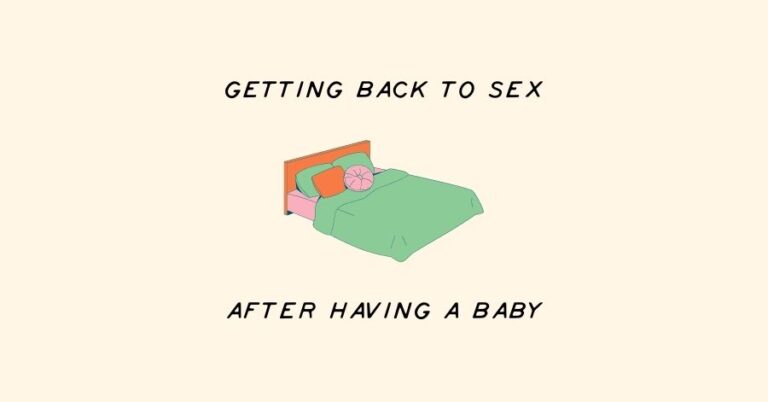
Practical and gentle advice on getting back to sex, from GP Obstetrician Dr Leon Levitt. He discusses everything from communication in relationships to contraception.
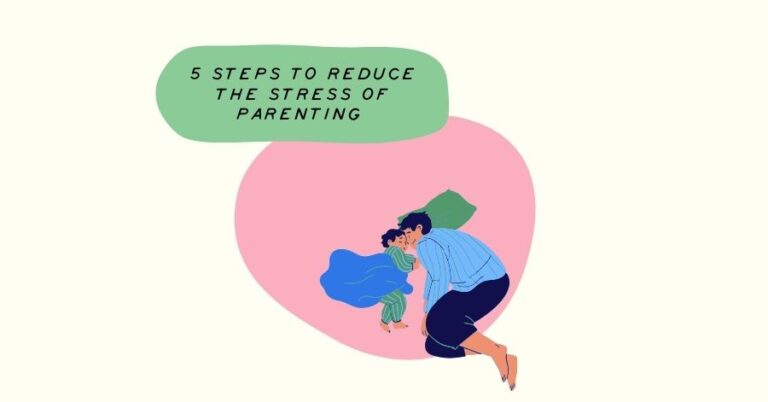
Stress in parenting has reached epidemic proportions. How can we take the natural stress and worry of parenting, and stop it from becoming excessive? By following these 5 simple steps from Dr Leon Levitt.
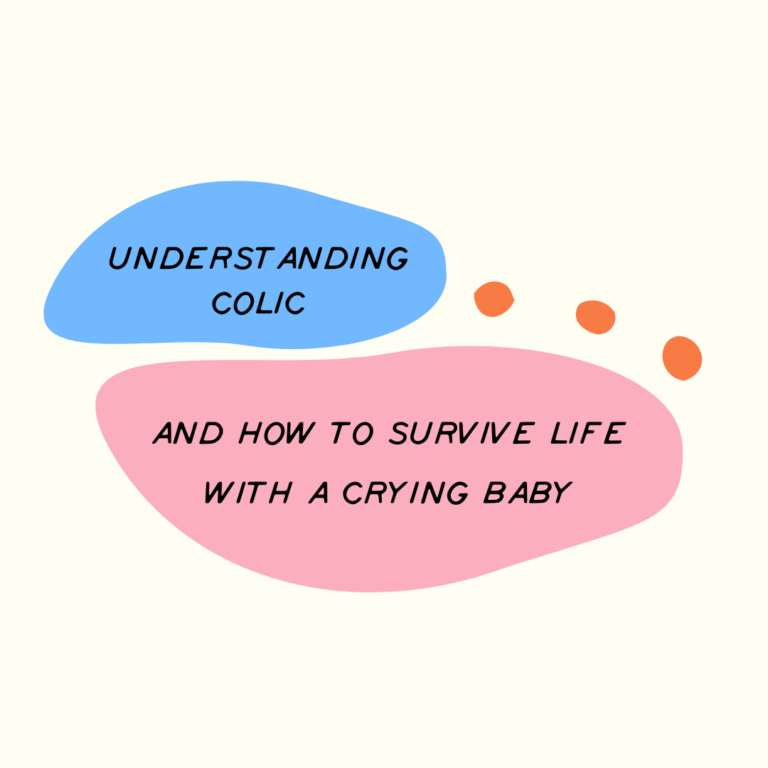
What does it mean when my baby cries? How do I know if they have colic or reflux? Dr Levitt provides all the answers when it comes to unsettled and crying babies.
We acknowledge the traditional custodians of the land on which Baby Steps stands and we pay our respects to Elders past, present and emerging. The land on which we live and work always was, and always will be Aboriginal land.
© 2024 Babysteps Health Centre | Terms of Service | Privacy Policy | Shipping & Returns
The Clinical Guidance Committee advise Baby Steps on all clinical matters effecting the health practitioners within our centre. It’s members gather together to discuss and develop guidelines relating to:
Meetings are held several times a year, or at the request of Baby Steps for specific clinical advice. It is lead by a chairperson and educational coordinator, elected by the group of participating health practitioners.
Baby Steps supports the independent businesses of:
If you’re looking for support, contact our Practice Manager Michelle Bredemeyer
pm@babystepshealth.com.au
08 9387 2844